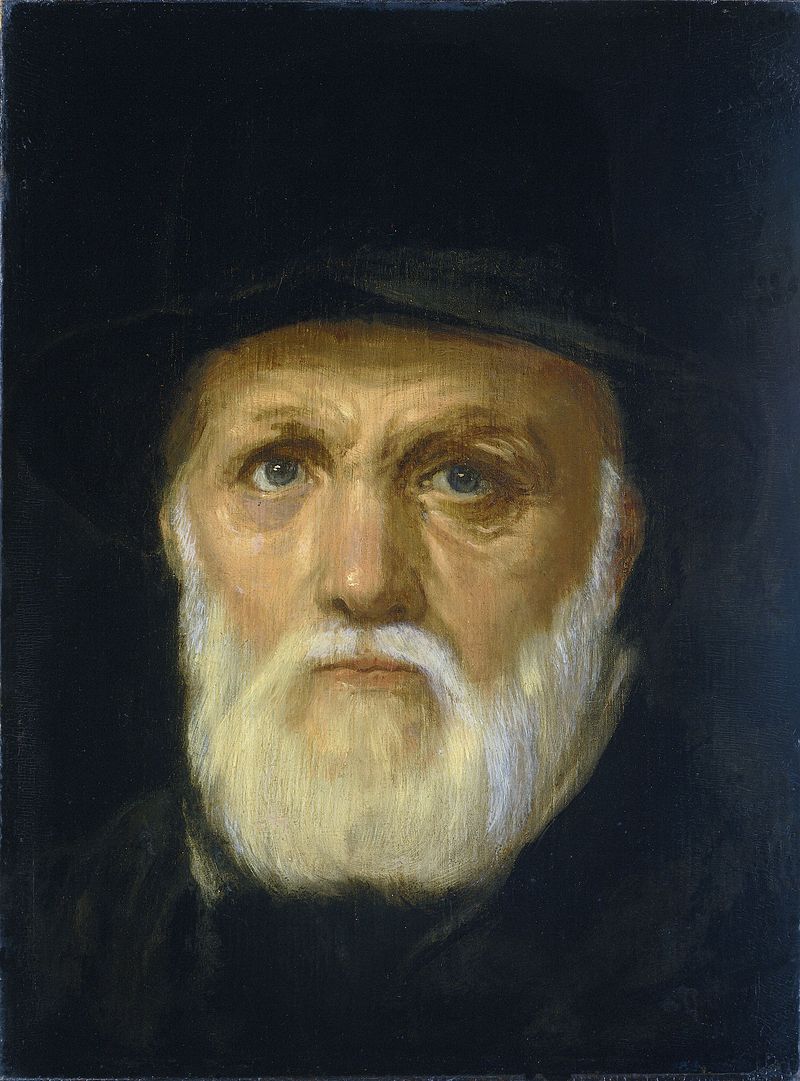390. Born to Be Contrary: Toleration in the Netherlands
Amidst religious conflict in the Netherlands, Dirck Coornhert pleads for religious toleration and freedom of expression.
Themes:
• M. Van Gelderen (ed.), The Dutch Revolt (Cambridge: 1992).
• G. Voogt (trans.), D.V. Coornhert: Synod on the Freedom of Conscience (Amsterdam: 2008).
---
• C. Bangs, Arminius: a Study in in the Dutch Reformation (Grand Rapids: 1982).
• R. Po-chia Hsia and H. van Nierop (eds), Calvinism and Religious Toleration in the Dutch Golden Age (Cambridge: 2002).
• R.A. Muller, God, Creation and Providence in the Thought of Jacob Arminius: Sources and Directions of Scholastic Protestantism in the Era of Early Orthodoxy (Grand Rapids: 1991).
• M. Roobol, Disputation by Decree: the Public Disputations Between Reformed Ministers and Dirck Volckertszoon Coornhert as Instruments of Religion (Leiden: 2010).
• K.D. Stanglin, Arminius on the Assurance of Salvation: The Context, Roots, and Shape of the Leiden Debate, 1603-1609 (Leiden: 2007).
• M. Van Gelderen, The Political Thought of the Dutch Revolt 1555–1590 (Cambridge: 1992).
• G. Voogt, “Primacy of Individual Consciousness or Primacy of the State? The Clash between Dirck Volckertsz. Coornhert and Justus Lipsius,” Sixteenth Century Journal 28 (1997), 1231-49.







Comments
Brilliant episode
Long time listener, first time commenter. I thought I knew all of the key figures of the Reformation, but I learned about Coornhert here. Well done!
In reply to Brilliant episode by Bob Broadfoot
Coornhert
Thanks, glad you enjoyed it! Coornhert was new to me too actually, before I worked on this episode, but I found him totally fascinating.
Narcissism of Small Differences
The quote, “In short, there was no shortage in opportunity for disagreement even, or perhaps especially, between those who mostly agreed with one another” [2:21-2:29], ties in well with Freud’s concept on the Narcissism of Small Differences, where the greatest acrimony and discord is experienced by groups that, to an outside perspective, are extremely similar in every regard save for some minor differences.
Religion of William of Orange
Interesting episode. I hadn't heard of Coornhert. I have one small gripe.
"War pitted the protestant William of Orange and his followers against the Spanish."
That's slightly misstating the matter. William of Orange was catholic at the start of the war and only converted five years later in 1573, and from what I can gather, he seems to have been fairly opportunistic with his sectarian preferences throughout his life. While he was the leader of a protestant revolt, William of Orange himself tried to prevent conflict and promote religious liberty. He wasn't the leader because he wanted the conflict and he wasn't firm in his faith or even in his hostility to the Spanish crown, he was just the most powerful noble who ended up on the Dutch side of the revolt. Not denying the broader point, of course. The Dutch revolt and 80 years war were undeniably fueled by the conflict between Protestants and Catholics.
In reply to Religion of William of Orange by Wim Mol
William of Orange
Ok yes, thanks - that was a sloppy way of putting it. I'll fix it for the book version!
culture of vernacular thought
Thanks for this fascinating episode! I became only recently acquainted with Coornhert and his thought. He seems to have been part of a broader culture of "vernacular" philosophising in The Netherlands. The 2015 book "Sparks of Reason: Vernacular Rationalism in the Low Countries, 1550-1670" (Hilversum: Uitgeverij Verloren, 2015) by Ruben Buys provides a good overview of that culture of thought.
Add new comment